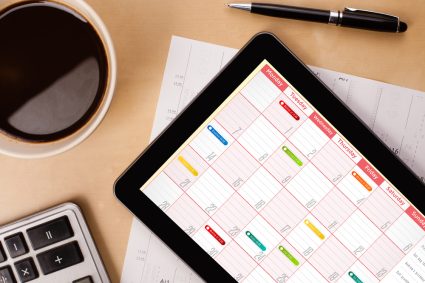

Time management is a crucial skill for students to develop. With the demands of academic work, extracurricular activities, and personal commitments, effective time management can make a significant difference in academic performance and overall well-being. If you’re looking to optimize your time and boost productivity as a student, here are eight actionable tips to help you succeed.
- Prioritize Tasks: Start by identifying your most important tasks and deadlines. Create a to-do list and rank tasks based on their urgency and importance. This way, you can focus on the most critical assignments and avoid feeling overwhelmed.
- Set SMART Goals: Establish specific, measurable, achievable, relevant, and time-bound goals for your academic and personal endeavors. Break larger goals into smaller, manageable tasks to maintain motivation and track progress.
- Create a Schedule: Develop a weekly or daily schedule that includes dedicated time slots for studying, attending classes, participating in extracurricular activities, and personal relaxation. Stick to the schedule as much as possible to establish a routine and maximize productivity.
- Eliminate Time Wasters: Identify activities that consume excessive amounts of time without providing significant value. Limit or eliminate distractions such as social media, excessive screen time, and unnecessary interruptions to regain control over your time.
- Practice Time Blocking: Allocate specific blocks of time for different tasks or subjects. This technique helps improve focus and prevents multitasking. Dedicate uninterrupted periods for studying, completing assignments, and engaging in other essential activities.
- Take Breaks: Allow yourself regular breaks during study sessions to maintain focus and prevent burnout. Short breaks, such as a quick walk or stretching, can rejuvenate your mind and improve concentration when you return to work.
- Utilize Productivity Tools: Take advantage of digital tools and apps designed for time management and organization. Use calendar apps to schedule tasks, project management tools to track progress, and note-taking apps to capture important information.
- Seek Support and Delegate: Don’t hesitate to ask for help when needed. Whether it’s seeking clarification from teachers or delegating tasks to group members, collaborating with others can lighten your workload and provide valuable insights.
By implementing these time management strategies, you can optimize your productivity, reduce stress, and achieve greater academic success. Remember that effective time management is a skill that takes practice, so be patient with yourself as you develop these habits.



















